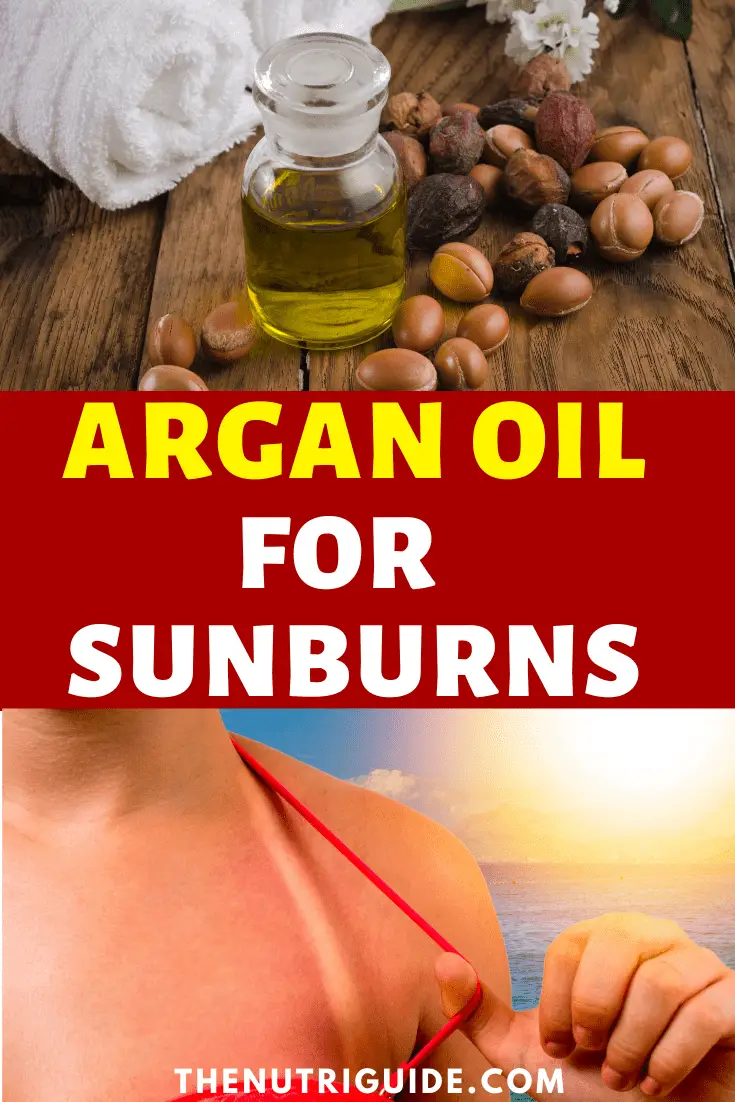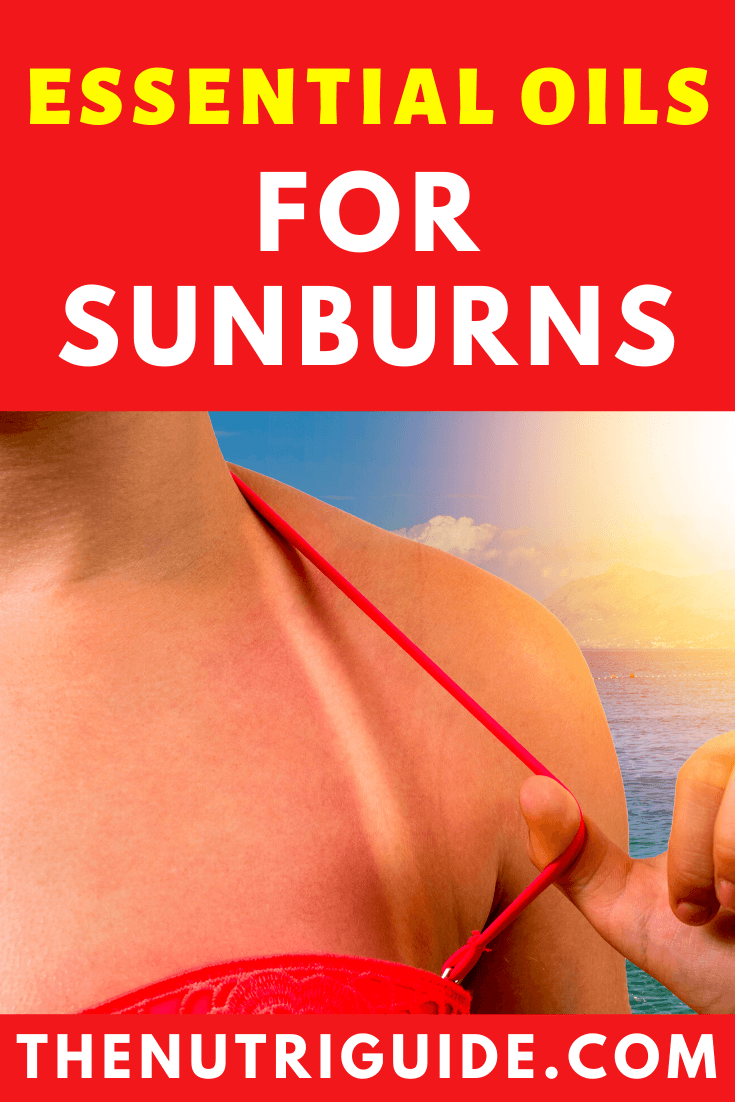Argan Oil for Sunburns: Heal Your Burns Easily & Naturally
Argan Oil for Sunburns

When you buy through links on our site, we may earn an affiliate commission at no additional cost to you (learn more)
Summer is just around the corner, and with summer comes a litany of amazing things to do and experiences to have. Among these are swimming outside, late-night bonfires, beach days with the family, but also the ever-dreaded… sunburn. While being outside in the garden on a beautiful summer day for hours may be a lovely experience in the moment, the aftermath can be uncomfortable, to say the least.
Sunburn occurs when our bare skin is exposed to the damaging effects of the sun’s UV radiation during peak hours of the day. Peak hours vary among regions, but the sun is generally at its highest elevation in the sky between the hours of 10AM and 2PM. If you find yourself, for whatever reason, out in the sun with exposed skin during these peak hours for an extended period of time, you will likely suffer from sunburn.
While the onset may be slow, sunburn can ultimately lead to redness, pain, swelling, and even blisters. While this damage is inherently apparent at the onset, sunburn can have lasting effects in the form of sunspots and even cancer. Fortunately, there are products we can use to help prevent sunburn. And in the event we do get sunburnt, we can also use these products to bring relief and even help heal our skin to prevent further damage. One such product is argan oil.
What is Argan Oil
Derived from the argan tree, argan oil is becoming an increasingly popular product being used in the world of health and wellness. It is fairly difficult to produce as the tree does not thrive in many locations; generally, it is only found in Morocco and Algeria. Additionally, it is traditionally made via manual means, whereby workers process the fruit themselves, an effort that entails peeling, roasting, and crushing, among other tasks.
The edible version of the oil is made using roasted kernels of the fruit of the argan tree, whereas the cosmetic-grade version of the oil utilizes unroasted kernels. The flavor of argan oil is pleasant and reminiscent of hazelnut, making it a desirable oil used as a supplement and topically. These facts contribute to the oil’s elevated price, but the health benefits just may outweigh the financial cost.
Argan oil is purported to have many therapeutic effects in humans. Groups that are native to the areas where the oil is made believe that it helps with liver health, hypercholesterolemia, atherosclerosis, preventing miscarriage, pimples and acne, and dry skin and hair.
While not all of these claims are backed by research, some of them are. For example, there are studies that have confirmed that argan oil is an effective cardioprotective agent and can help with ailments such as elevated cholesterol, hypertension, and atherosclerosis. It is only a matter of time and research before we learn the further benefits of argan oil. The health-contributing components of argan oil that we know of today are unsaturated fatty acids (linoleic and oleic), palmitic acid, stearic acid, carotenes, tocopherols, sterols, and xanthophylls.
Argan Oil for Sunburn
The people from the native areas of the argan tree who originally created argan oil used the oil to protect their skin from the sun. While those native people likely did not know the science behind the oil’s effectiveness for this purpose, we do today. The antioxidant properties of the oil can help to prevent damage to the skin from free radicals, thus protecting against sunburn. Using argan oil for this preventative purpose can be done by taking an oral supplement or by applying it topically to your skin.
The anti-inflammatory properties of argan oil make it a suitable treatment for soothing various skin ailments, including sunburn if it has already happened to you. If you happened to be out in the sun during peak hours and forgot to protect your skin, use argan oil to provide relief and comfort to your hot and swollen skin.
Argan oil After Sun Care Routine
Do this by first getting the sunburnt area of your skin wet with a little bit of water. Then rub in a couple drops of the oil; this will promote an even moisturization of the skin and prevent the oil from absorbing into your dry and thirsty skin too quickly.
Do this two times daily, once in the morning and once before you go to sleep. Studies show that argan oil also helps in the healing process of damaged skin, and our bodies go through a healing process when we sleep, so why not help ourselves along with a little argan oil!
Argan oil can cause a skin reaction in some people. If you are allergic to nuts, you may want to try a small amount of the oil on a small amount of your skin, just to see if you have any reaction. If you do have a reaction, you can try diluting the oil in a carrier oil such as coconut or avocado oil before testing it again.








